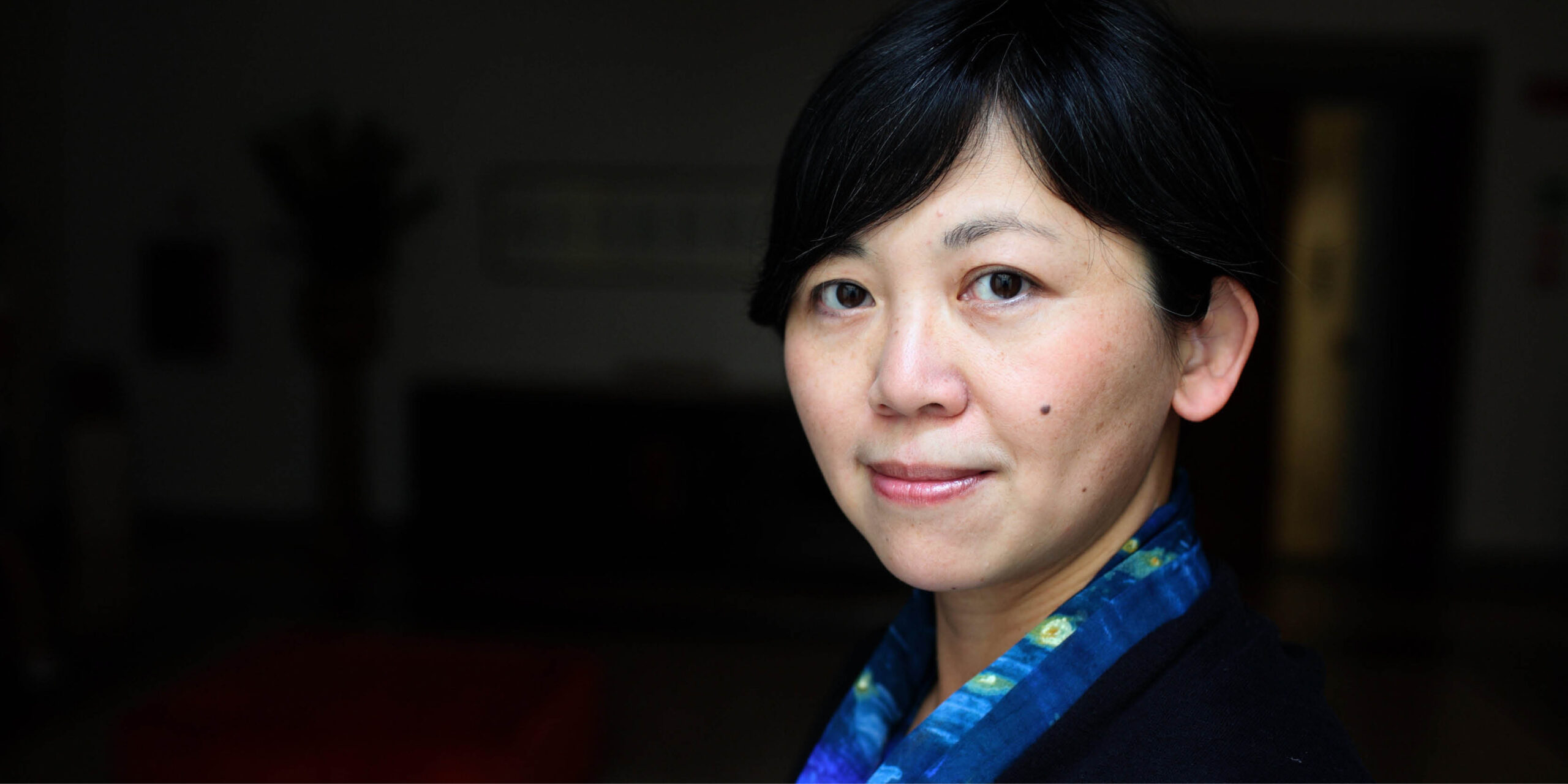
Yiyun Li on Georges Bernanos’ Mouchette
In Conversation for the Windham-Campbell Prizes Podcast
The Windham-Campbell Prizes Podcast features a series of conversations with past and present Windham-Campbell Prize winners about their favorite books and plays. Hosted by Michael Kelleher.
In the first of the 2024 winter series, Yiyun Li (winner of a 2020 Windham-Campbell Prize for Fiction) chats with Prize Director Michael Kelleher about French Catholic monarchist author Georges Bernanos’s Mouchette, the joys of reading together, and why inarticulate characters often live the deepest lives.
For a full episode transcript, click here.
*
Reading list:
Mouchette by Georges Bernanos, tr. by J.C. Whitehouse • War and Peace by Leo Tolstoy • Tolstoy Together • Peter Pan by J.M. Barrie
*
From the episode:
Michael Kelleher: What I see in your work and what I see in a book like this that differentiates it from a certain other kind of writing or storytelling is that you look at the thing. And you describe what it is without, like, you do it with a distance, right? You’re, you’re separated it so you can kind of see it as clearly and objectively as possible, but you’re also not separating yourself from it, and you’re not saying to the reader you are not this person.
You’re, you’re, you’re saying that Mouchette and the reader, and Arsene, the rapist, and the alcoholic father and the mother, they’re all human beings, and they’re all from the same place. Whereas, I feel like a lot of the sugarcoating is not necessarily in having a happy ending or something like that, it’s really about allowing the reader off the hook and saying like, this, this person here is evil you are good and so therefore you have no complicity in their actions.
Yiyun Li: Right. I think you’re exactly right. I think that letting the readers, letting the audience off the hook, it’s an act of cowardice… And I think, to me, I think that’s what we should be struggling or battling with, is not to let people off the hook so easily.
I’m sure there are people who just want to feel good about themselves, but I don’t think literature is for you to, for us to feel good about ourselves.
MK: It’s interesting, had this other thought that the flip side of that. You know, the bad art, I think, is the art where the artist separates themselves from the audience too, right? Where they say, like, I know better than the audience, and I’m going to show them what’s wrong with the world. I’m going to show them what’s wrong with them and allows themselves to feel that they’re separate from that same complicity, right?
YL: Absolutely right. What bothers me is a writer says, I am smarter than you. I mean, all writers have. blind spots, I would say, right? But I think one of the biggest blind spots is well, for a writer to say, I know more than you do then a writer puts himself into a place of preaching kind of attitude is, that’s bleak to me too, I think.
*
Yiyun Li is the author of several works of fiction—Wednesday’s Child, The Book of Goose, Must I Go, Where Reasons End, Kinder Than Solitude, A Thousand Years of Good Prayers, The Vagrants, and Gold Boy, Emerald Girl—and the memoir Dear Friend, from My Life I Write to You in Your Life as well as the book Tolstoy Together. She is the recipient of many awards, including the PEN/Malamud Award, the PEN/Hemingway Award, the PEN/Jean Stein Book Award, a MacArthur Fellowship, and a Windham-Campbell Prize. Her work has also appeared in The New Yorker, A Public Space, The Best American Short Stories, and The PEN/O. Henry Prize Stories, among other publications. She teaches at Princeton University.
The Windham-Campbell Prizes Podcast is a program of The Windham-Campbell Prizes, which are administered by Yale University Library’s Beinecke Rare Book and Manuscript Library.
Windham-Campbell Prizes Podcast
The Windham-Campbell Prizes Podcast features a series of conversations with past and present winners of the Windham-Campbell Prizes about books and plays that they love, hosted by prize director Michael Kelleher. The Windham-Campbell Prizes are administered by Yale University Library’s Beinecke Rare Book and Manuscript Library. The podcast is a co-production between The Windham-Campbell Prizes and Literary Hub. Hosted by Michael Kelleher. Production & Engineering by Drew Broussard. Music by Dani Lencioni.



















